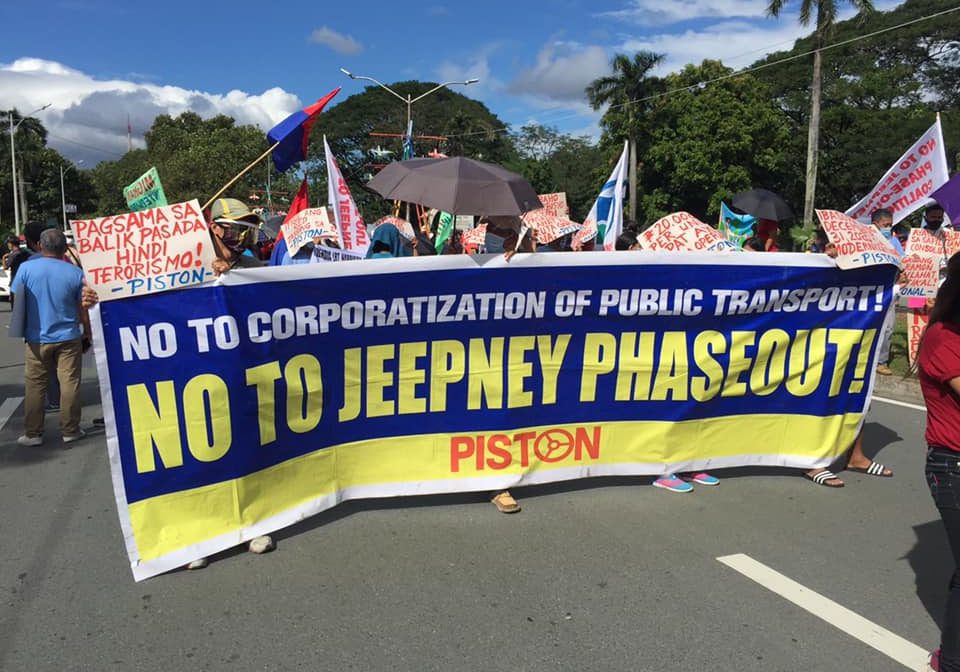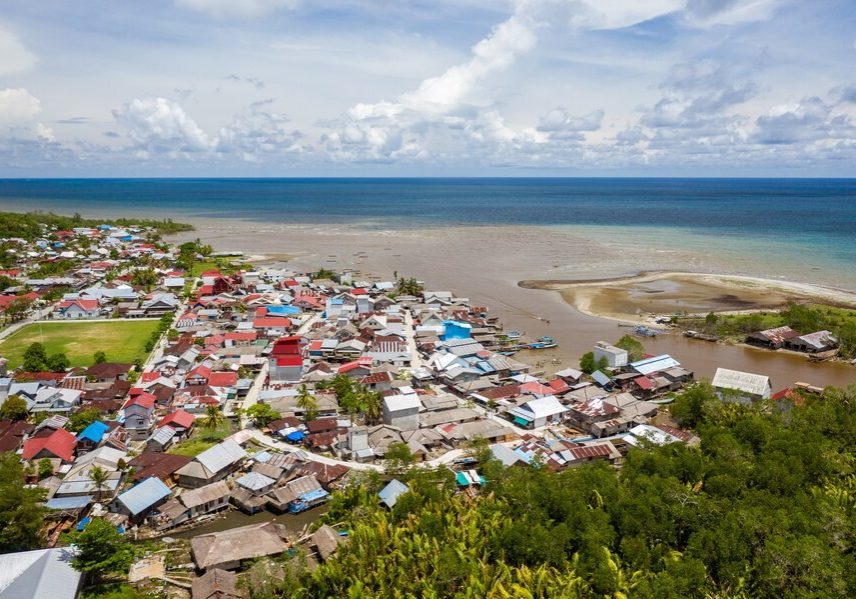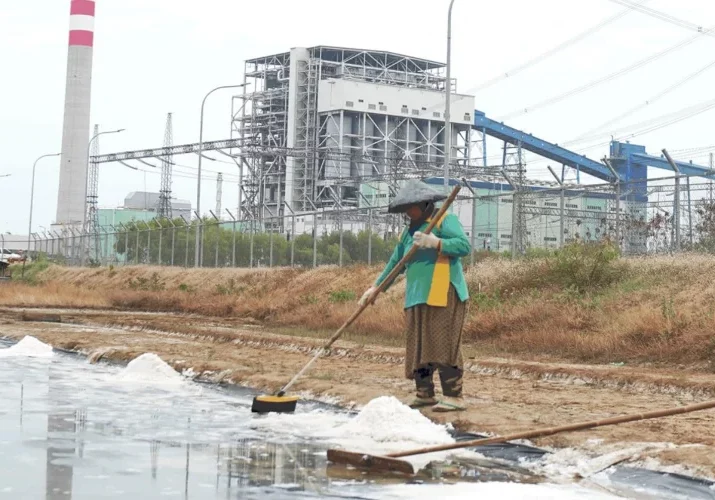Share
Executive Summary
Earth is facing its biggest problem: climate change which threatens human life and biodiversity. The climate crisis has driven the increase of the planet’s temperature, contributed mainly by greenhouse gas emissions, produced by human activities, primarily burning fossil fuel. Moreover, fossil fuel has become the backbone of modern life through the massive consumption of power plants, transportation, and natural resource-based industries.
To handle the climate crisis, we must reduce emissions as low as possible. Therefore, the extreme reduction in the use of fossil energy is inevitable. At the same time, the decisions to shift the power source to renewable energy in transportation, infrastructure, agriculture and home industries are urgently needed. This step must be carried out through several priority actions: the gradual cessation (phase-out) of PLTU [state power plant based on fossil energy] operations, coal mine production, and mass public transportation.
This solution requires a just transition, a concept and a concrete step to shift from fossil to renewable energy. The transition process aims to ensure that it will be conducted without compromising the people’s lives whose work is directly dependent on carbon-intensive industries. The steps include the creation of alternative green jobs, including developing the economic potential of the local community; providing new skills for workers employed by industries that caused environmental damage to encourage them to work in pro-environment initiatives; eliminating all forms of destruction in the local communities and indigenous peoples territories such as deforestation and land grabbing practices carried out by extractive industries; prompting the parties (government and industries) to develop sustainable, affordable and high-quality public transportation and at the same time, reducing the use of private vehicles; developing a favored approach in education that implement and promote equitable transitions, which embeds environmental education at all levels in the educational curriculum. ix
Following the issues, we have conducted studies in three provinces where the carbon-intensive industries are located. Namely; the nickel industry area in Central Sulawesi, the coal industry area in East Kalimantan, and the coal power plant (PLTU) in North Sumatra. This study shows the negative impacts on the people living around these industrial areas. In particular, the existing industries have directly impacted the site, such as environmental pollution and damaged local socio-economic lives.
In Central Sulawesi, nickel ore mining activities have a significant impact. Illegal mining threatens the Morowali Nature Reserve and the Orang Wana minority who inhabit the area. In addition, villagers are dealing with the land dispute with the company where their farmland overlaps with the mine areas and air-water pollution issues that are believed to cause the number of catch fishes to decrease. Another problem; the mining company employs several local villagers, but it is primarily temporary as the workers return to farming due to the uncertainty in the workplace.
In East Kalimantan, coal mines are causing flooding that destroys agricultural businesses. Its dust threatens the health of the residents and pollutes the river/water, disrupting the local fishing industries. Locals living near the PLTU area (coal is their primary energy source) experience similar problems. Both locals who work in coal mining and PLTU are also vulnerable in the workplace, where the company could unilaterally discharge them.
In North Sumatra, the PLTU appears to benefit villagers as it provides electricity. However, the company activities caused pollution and harmed local fishing industries; the activities destroyed the fishing nets. Due to the operation, the fishermen are forced to fish in areas distant from their village. Even though many villagers nearby the PLTU area are employed as laborers, they are only hired as unskilled laborers. In addition, the PLTU only focuses on recruiting workers from the closest village, not all the impacted areas.
Based on the finding, actions are urgently needed to be taken. Firstly, prevent mining in conservation areas through strict law enforcement. Secondly, gradually close mines and PLTU that damage the local economic life and violate environmental management regulations. Finally, to conduct in-depth research on developing the potential local economy and build a sustainable community economic model.
Read More
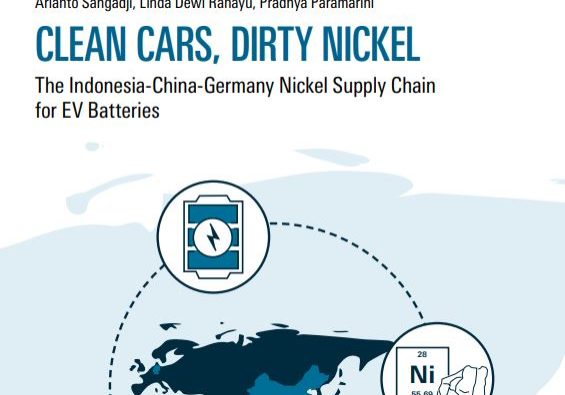
Clean Cars, Dirty Nickel
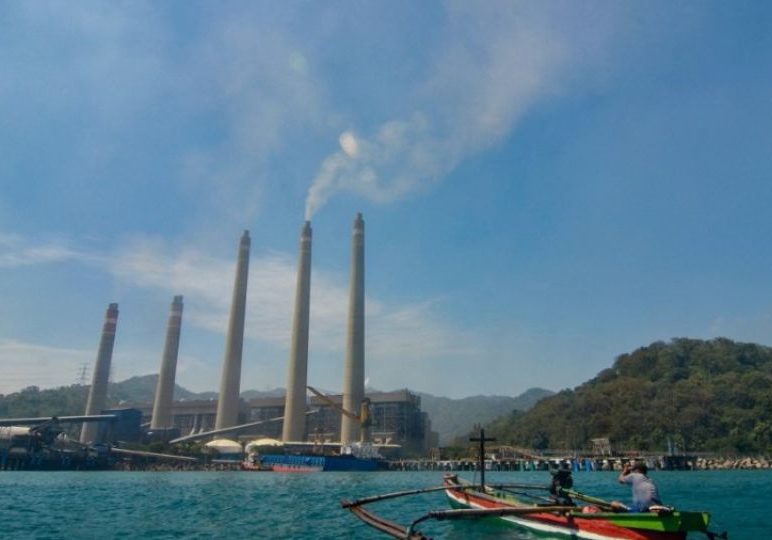
2 Years of JETP: Progress and the Urgency to Accelerate

ETC Group launches new board game
